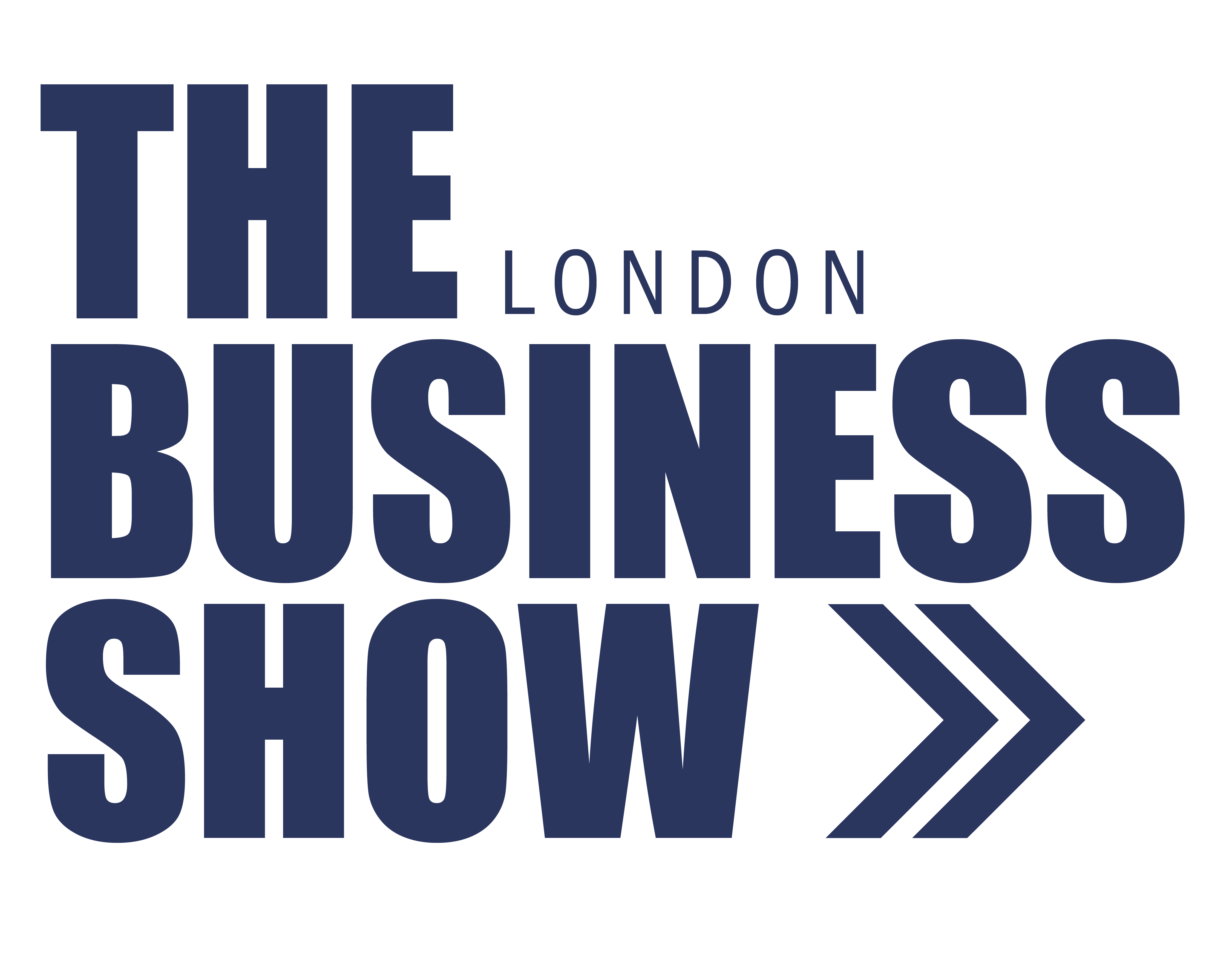Solving Your Sole Trader Questions
Setting up a sole trader business is incredibly popular. There are more than 4.1 million sole traders in the UK and they account for more than 74% of all private businesses in the UK.
If you are thinking of becoming a sole trader, you probably have some questions. The Start Up Donut team is here to help.
What is a sole trader?
A sole trader is someone who is self employed. They choose what work they do, when and how they do it. A sole traders might also be known as a freelance, sole proprietor or contractor.
What’s the difference between a limited company and a sole trader?
It's quick and easy to start a sole trader business. You must register for self assessment, keep a record of your accounts, submit a self assessment tax return and pay any tax and National Insurance you owe.
As a sole trader, there’s no legal distinction between you and the business, so you are responsible for any business debts or actions taken by or against the business.
In a limited company, the shareholders and directors are separate from the business. Liability is limited to the money you have invested in the business. However, you can still be held personally liable if you allow the business to trade wrongfully or fraudulently. The administration and costs of running a limited company are greater too.
Sole traders and limited companies are taxed differently too, so you should take this into account.
How do I choose a business name?
You can trade under your own name or a business name. Trading under your name makes it clear you're a sole trader. If you want to appear more established, it helps to have a business name.
There are few restrictions on business names. You can’t use terms that imply you’re a limited or public company if you’re not. Your business name mustn’t match or be similar to any competitors – you can use the Companies House name checker. Otherwise, you can trade under any name you choose.
Ideally, your business name should be memorable, easy to spell (so people can find you online) and give an indication of what your business does.
How do I register as a sole trader
You can register online or by calling call HMRC on 0300 200 3310. Registering is free. You will need some basic information including your National Insurance number, name, date of birth, address and details of what you will do. Registering takes up to ten days.
You should register as soon as possible after starting your business, but no later than 5 October in your second year of business. If you do not register on time, you can receive a penalty.
How much tax do sole traders pay?
As a sole trader, you’re taxed on your business profits after your allowable expenses and any capital allowances have been deducted. You must submit a tax return detailing all your income and expenses and pay any tax and National Insurance contributions owing.
You can earn £12,570 before you start paying tax and Class 4 NICs. The rate you pay will depend on your taxable income.
What tax records do I need to keep?
You will need to keep a record of:
-
all sales, income and business expenses
-
VAT records (if you're registered for VAT)
-
any personal income
-
any grants you receive
-
bank statements
Most sole traders and small business do this using accounting software as it makes filing your tax return quicker and simpler.
You will need to keep your records for five years after the end of a tax year.
What expenses can I claim as a sole trader?
Broadly speaking, an expense is allowable if it has been incurred in the course of doing business. This means there’s a wide range of possible expenses you could claim, from materials, tools, stock, premises and utility costs to marketing and broadband costs.
Finally
You can read the full article here. You can also sign up for our weekly small business newsletters which are packed with small business news, views and offers that will help you on your way.




